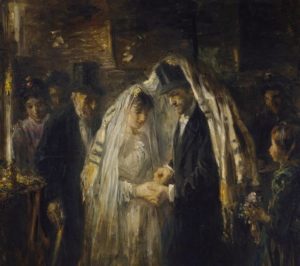 This week we began a new Jewish year, and it is a perfect time to make resolutions. One of the most important is to ensure that this year we don’t waste time. While it is certainly beneficial to have moments of relaxation and “down” time, we often fail to realize just how much valuable time goes to waste.
This week we began a new Jewish year, and it is a perfect time to make resolutions. One of the most important is to ensure that this year we don’t waste time. While it is certainly beneficial to have moments of relaxation and “down” time, we often fail to realize just how much valuable time goes to waste.
Perhaps the worst of the culprits is television. In the old days, a person could simply avoid having a television set at home altogether, as is normal in Orthodox households. Today, however, no place is safe from its tentacles—with “streaming” videos accessible on phones, laptops, and even wristwatches! Be very careful, lest you get sucked in to a multi-season show that will drain literally hundreds of hours from your life. It is appropriate to quote Charles Darwin, who once said that a person “who dares to waste one hour of time has not discovered the value of life.”


